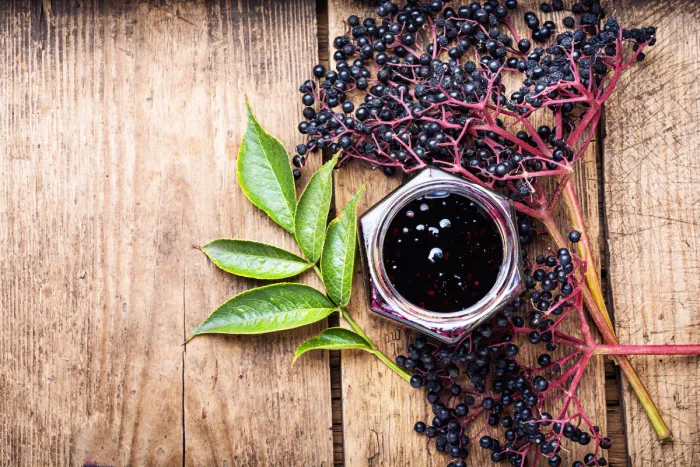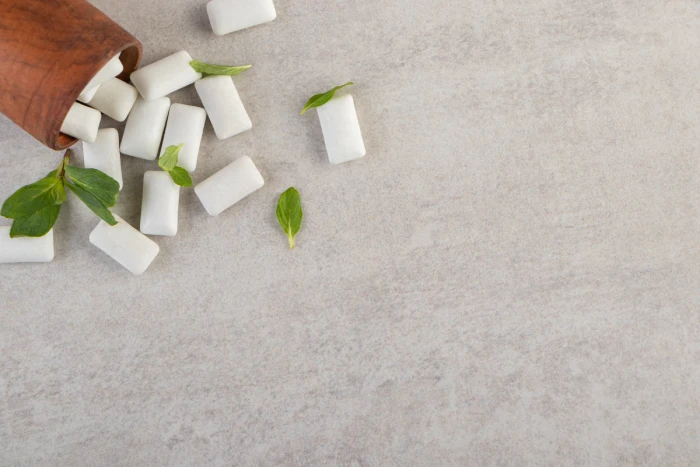Hemp and Banana Blend Shows Potential in UV Protection
Ultraviolet (UV) radiation is a well-known culprit in skin damage and premature aging. As our understanding of these effects deepens, researchers continue to explore innovative solutions to combat photoaging. A recent study has shed light on a unique nutraceutical formulation that combines hemp seed oil and banana (Musa AA) in a chewable tablet form, designed to harness the power of β-carotene and polyunsaturated fatty acids (PUFAs) for skin protection.
The investigation, conducted as a randomized, parallel, single-blind, placebo-controlled clinical trial, focused on healthy male participants between 35 and 50 years of age. The study spanned 16 weeks, during which participants consumed either the nutraceutical tablets or a placebo. The nutraceutical dosage consisted of five tablets after morning and evening meals, providing approximately 8 ± 2 mg of β-carotene and 400 mg of PUFAs daily.
Thirty-six participants completed the full course of the study, yielding intriguing results. The group receiving the nutraceutical experienced a significant decrease in UV-induced erythema on their dorsal skin. By week 4, the mean erythema value had dropped to 3.76 ± 0.46 AU from an initial 4.88 ± 0.62 AU at the study’s outset, representing a statistically significant improvement (p < 0.05).
Further supporting the efficacy of the nutraceutical, serum β-carotene levels showed a marked increase over the study period. Initial concentrations of 0.45 ± 0.02 µg/mL rose to 0.61 ± 0.06 µg/mL by week 16, again demonstrating statistical significance (p < 0.05). This elevation in serum β-carotene levels correlated with improved skin intensity in sun-exposed areas, particularly the arm. Measurements in this region increased from 71.33 ± 3.50 at the beginning of the study to 81.80 ± 4.45 by its conclusion (p < 0.05).
These findings suggest that the hemp and banana-based nutraceutical may offer substantial protection against erythema and could play a crucial role in preventing photoaging. The combination of β-carotene’s antioxidant properties and the beneficial effects of PUFAs appears to create a synergistic effect in bolstering the skin’s natural defenses against UV radiation.
Commentary by SuppBase columnist Alice Winters:

The quest for effective photoprotection has long been a focal point in both dermatology and nutraceutical research. This study’s exploration of a hemp seed oil and banana-based formulation represents an intriguing development in the field, meriting closer examination.
First and foremost, the choice of ingredients is noteworthy. Hemp seed oil, rich in essential fatty acids, and banana, a natural source of various vitamins and minerals including potassium and vitamin B6, form an unconventional yet potentially synergistic base. The emphasis on β-carotene, a precursor to vitamin A and a powerful antioxidant, aligns with established research on its photoprotective properties. However, the specific contribution of the banana component to the formulation’s efficacy remains unclear and warrants further investigation.
The study design, while robust in its randomized, placebo-controlled approach, leaves room for improvement. The single-blind nature and the exclusive focus on male participants limit the generalizability of the findings. Future research should consider double-blind protocols and a more diverse participant pool to enhance the strength of the conclusions.
The observed reduction in UV-induced erythema is particularly promising, suggesting that the nutraceutical may offer tangible protection against one of the most immediate and visible effects of UV exposure. The significant increase in serum β-carotene levels corroborates the bioavailability of the formulation, a crucial factor in assessing any nutraceutical’s potential efficacy.
However, it’s important to note that while the improvements in skin intensity in sun-exposed areas are statistically significant, the clinical relevance of these changes requires further elucidation. Long-term studies would be beneficial in assessing the sustained effects of the nutraceutical on overall skin health and appearance.
From a market perspective, this product taps into the growing consumer demand for natural, food-derived solutions to skin health. The chewable tablet format offers convenience, potentially improving compliance compared to traditional topical treatments. However, the twice-daily, five-tablet regimen may be cumbersome for some users, and future formulations might explore more concentrated dosing options.
It’s crucial to emphasize that while these results are encouraging, they should not be interpreted as a replacement for established sun protection measures such as sunscreens and protective clothing. Rather, this nutraceutical approach should be viewed as a complementary strategy in a comprehensive photoprotection regimen.
In conclusion, this hemp and banana-based nutraceutical shows promise as a novel approach to photoprotection and potentially photoaging prevention. Its ability to increase serum β-carotene levels and reduce UV-induced erythema is noteworthy. However, as with any emerging nutraceutical, further research is needed to fully elucidate its long-term efficacy, optimal dosing, and potential interactions with other skincare products or medications. As the field of nutricosmetics continues to evolve, this study represents an exciting step forward in the quest for comprehensive, systemic approaches to skin protection and health.



